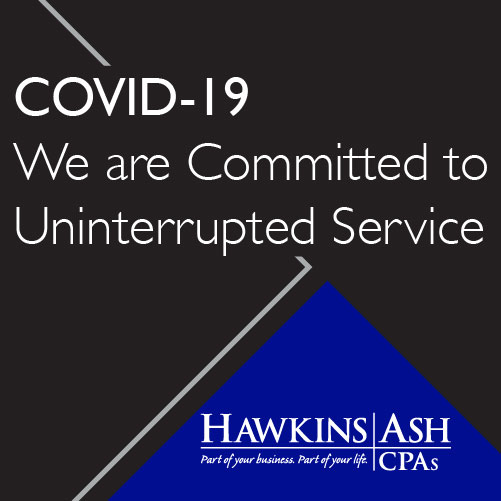Internal controls are critical for the financial health of your construction firm. An effective system of internal controls helps ensure that your company’s financial reporting is accurate and its resources are being protected.
A regular review of your internal controls can help you identify any shortcomings or weaknesses. You may find the following checklists useful in assessing your procedures.
Materials and Purchasing
Loose controls on materials and purchasing can be an invitation to theft and fraud. You can limit the potential for losses if you:
- Insist that estimators obtain more than a single quote.
- Require management authorization of job site material purchases.
- Set limits on the amounts site managers can spend without an additional, higher level of management authorization.
- Make sure that delivery receipts are being checked to ensure that all ordered items have been received.
- Document usage of materials through written requests and receipts for returned items.
Equipment
Each piece of field equipment over a certain value should be protected through controls.
- Document when items are assigned to employees and have employees sign for the equipment.
- Hold employees responsible for returning the items they have checked out.
- Monitor the condition of the equipment at the time of assignment and on return.
You’ll be better able to track whether you are properly charging equipment use to the correct contract if you:
- Employ an internal rental rate for allocating equipment costs.
- Maintain weekly equipment use reports.
Revenues
Your company could face serious cash flow difficulties if it’s unable to track amounts owed and when accounts are due. To maintain good control over revenues and billing:
- Have procedures that ensure bills are prepared promptly.
- Prepare percentage-of-completion schedules so that you can compare progress billings to earned revenues.
- Make revisions to contract values when you receive signed change orders.
- Update estimated costs-to-complete.
- Follow up on accounts receivable on a standardized schedule.
- Record and deposit all income.
Financing
If you’re planning to expand your business or buy new equipment, you may choose to borrow the money. If you do, be sure to implement accounting controls. A good system will:
- Assign borrowing authority to a very limited number of people.
- Limit borrowing authority to a maximum amount that you approve.
If you feel that your contracting firm could benefit from a more rigorous system of internal controls, please call us.





